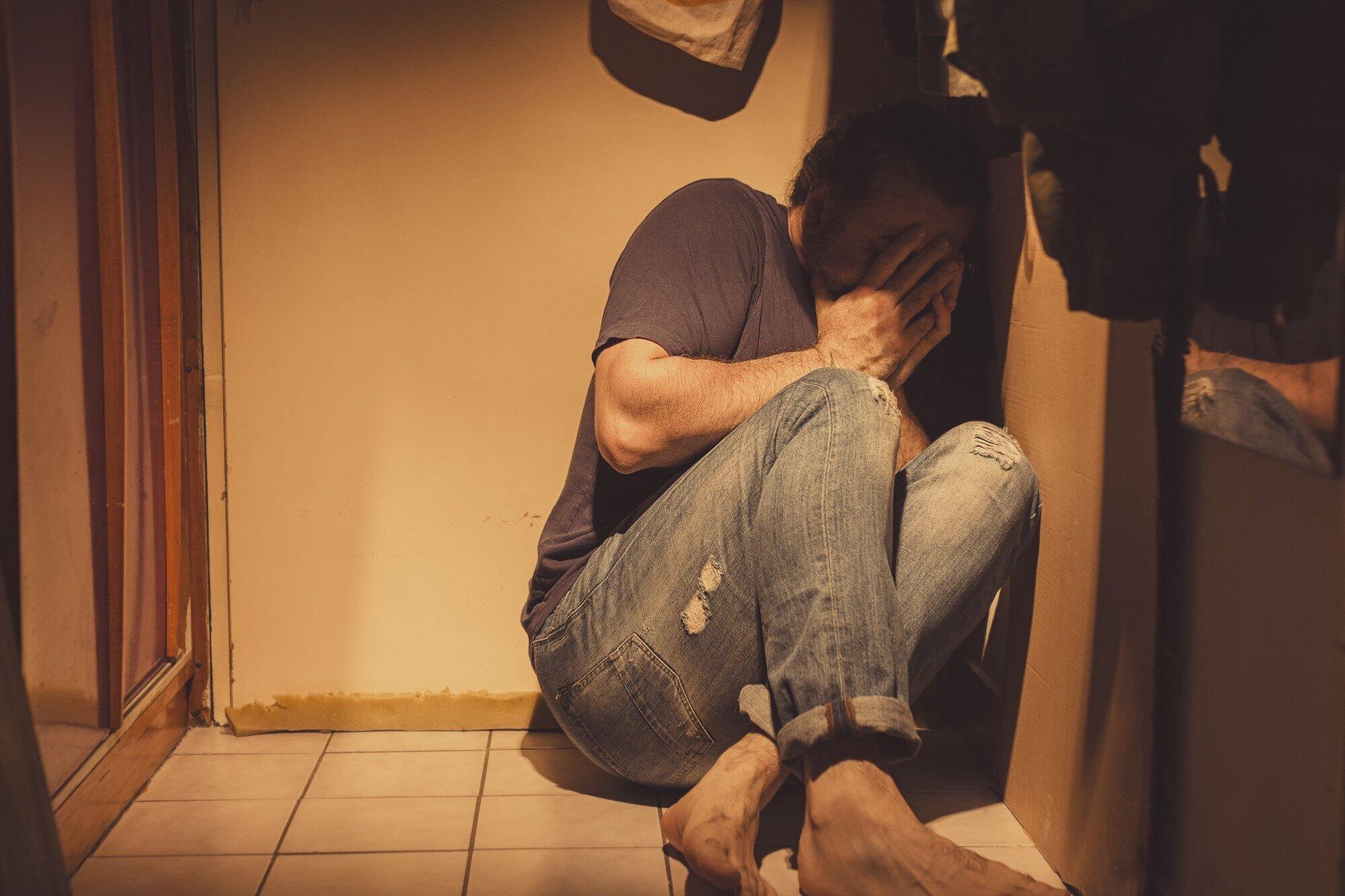About 6% of people in the United States will have PTSD at some point in their lives. Despite that relatively large percentage, there’s a lot of misinformation out there about this condition. Many people hold a lot of misconceptions about PTSD.
Can you have PTSD without flashbacks? What are the “normal” symptoms of PTSD anyway? Do those symptoms vary in severity?
Let’s discuss some of the symptoms of PTSD, including flashbacks, so you can be better informed about this complex mental health condition. Read on to learn more.
What Are the Symptoms of PTSD?
Before we get into flashbacks specifically, let’s discuss the DSM 5 symptoms of PTSD as a whole.
Flashbacks are one of the symptoms commonly associated with PTSD, but the disorder is characterized by a range of symptoms that can vary from person to person. PTSD is typically triggered by exposure to a traumatic event (and these events can vary in “severity”), and its symptoms can be categorized into four clusters.
Intrusive Thoughts and Memories
We often associate PTSD with intrusive thoughts and memories. Memories of the traumatic event come back into the psyche and cause distress.
These can be flashbacks (or reliving the trauma as if it’s happening again). They can also be distressing dreams or nightmares, as well as intense, distressing memories or intrusive thoughts about the traumatic event.
These thoughts and memories can pop up without warning, often at unexpected and inconvenient times.
Avoidance
The next “category” of symptoms revolves around avoidance. These are behavioral symptoms that may or may not be conscious on the part of the person with PTSD.
Typically they revolve around avoidance of reminders or discussions related to the traumatic memory. In more serious cases, even loose associations are unacceptable and the person will avoid those as well.
The person with PTSD may also avoid places, people, or activities that may trigger memories of the trauma. Again, these associations may be quite loose depending on the severity of the case.
Being near those places or things can trigger intense anxiety in the person with PTSD, and rather than confront that anxiety, they feel more comfortable avoiding it. For someone who hasn’t received professional help, this is the safer option.
It’s possible that exposure to those things could also trigger flashbacks.
Negative Changes in Mood and Cognition
Often, PTSD symptoms are more subtle than what we see on television. Many people with PTSD experience changes that are less visible to people “on the outside.”
People with PTSD may develop persistent negative beliefs about themselves or the world as a result of the trauma they’ve experienced. They may also develop distorted thoughts about the cause or consequences of the traumatic event.
They may start to experience feelings of detachment or estrangement from others, as well as persistent negative emotions, such as fear, horror, anger, guilt, or shame.
Arousal and Reactivity
Finally, there are some more “visible” and subtle symptoms of PTSD that we don’t often talk about. Many people with PTSD display irritability, anger, or aggressive behavior, especially when they’ve been triggered.
They may experience hypervigilance or a heightened startle response even for things that seem minor. You may also find that they’ve developed a difficulty concentrating or sleeping.
What Is a Flashback?
As we mentioned, a flashback is an intrusive symptom of PTSD. It involves the sudden and involuntary reliving of a traumatic event as if it were happening in the present moment. During a flashback, someone with PTSD may re-experience the sights, sounds, smells, and emotions associated with the traumatic event, and they may lose awareness of their current surroundings.
Flashbacks often involve a surge of intense emotions, comparable to or stronger than those felt during the actual trauma. The flashback can also trigger physiological responses, such as increased heart rate and sweating.
Many mental health professionals recommend grounding techniques to help combat the effects of these flashbacks, but they aren’t always effective without proper training. People who experience PTSD flashbacks should learn how to cope with PTSD from a professional.
Can You Have PTSD Without Flashbacks?
There are many common misconceptions about PTSD. One of those is that everyone with PTSD experiences flashbacks. This isn’t really the case, and this misconception is harmful to people who have this condition without that one specific symptom.
If someone feels as though their condition is less valid due to a lack of flashbacks, they may not seek help. This could lead to greater problems in the future. Everyone deserves support, even if their PTSD looks different than someone on the outside thinks it “should.”
While flashbacks are a common symptom, not everyone with PTSD experiences them. Some people may primarily exhibit other symptoms, such as nightmares or intrusive thoughts. Others may appear to exhibit more anxiety and depression, so their condition may appear “less severe,” when in reality, it’s just different.
The nature and severity of symptoms can vary, and individuals may also experience a delayed onset of PTSD. This means that symptoms may not appear immediately after the traumatic event. Flashbacks or other severe symptoms may appear years in the future, but the person with PTSD won’t have that symptom yet.
It’s important to note that PTSD is a complex mental health condition. Diagnosis should be made by a qualified mental health professional based on a thorough assessment of an individual’s symptoms, history, and impact on their daily life. A brief overview of symptoms is not enough to diagnose PTSD.
PTSD Is a Complex Condition
So can you have PTSD without flashbacks? Yes. While many people with PTSD experience flashbacks, this isn’t true for everyone.
People who have PTSD who don’t experience flashbacks are still valid and worthy of help. If you or someone you know is experiencing PTSD symptoms, it’s time to start the journey toward recovery.
Talking Circles Therapy has a whole team of dedicated professionals with a variety of specialties who are ready to help you take control of your mental health again. Reach out to schedule an appointment today.




